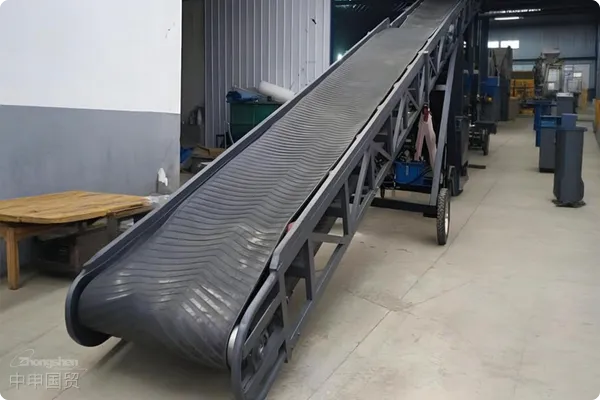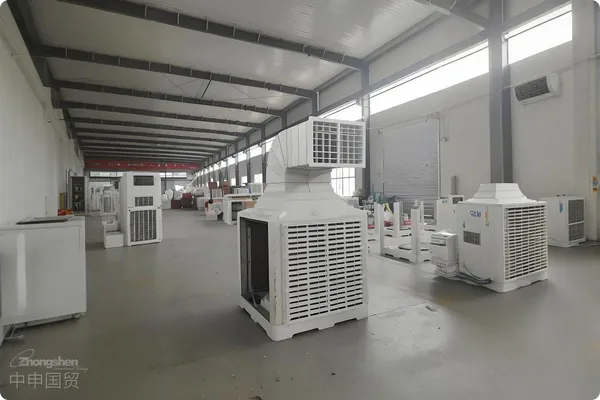- Shanghai Zhongshen International Trade Co., Ltd. - Two decades of trade agency expertise.
- Service Hotline: 139 1787 2118
With changes in the global trade landscape, particularly adjustments to U.S.foreign tradetrade policies, Chinese printed circuit board (PCB) manufacturers are facing new challenges. The implementation of Section 851 of the U.S. National Defense Authorization Act for Fiscal Year 2022 has introduced new considerations for Chinese PCB exporters. This article aims to explore the specific impacts of this act on Chinas PCB export business and corresponding response strategies.

Overview of Section 851
Section 851 of the U.S. National Defense Authorization Act for Fiscal Year 2022 stipulates that, starting from January 1, 2027, the procurement of printed circuit boards manufactured or assembled in China, Russia, Iran, or North Korea is prohibited. Notably, this ban does not apply to commercial products, commercial service products, or commercially available off-the-shelf items.
Exemption for Commercial-Grade PCBs
Although commercial-grade PCBs are explicitly exempted, it is important to note that many U.S. companies have become government contractors or suppliers. As these companies must comply with government procurement regulations, this indirectly affects the demand for Chinese PCBs.
Risks Faced
Contracting Risks:Strict supply chain compliance management means that even if commercial PCBs are exempted, Chinese PCB suppliers may face contractual challenges if private enterprises are part of the government procurement chain.
Performance Risks:U.S. procurement clients with existing contracts may terminate or modify contracts due to policy adjustments, requiring Chinese companies to make corresponding contract adjustments and risk assessments.
Sanction Risks:If Chinese companies are found to be circumventing this ban, they may face penalties and sanctions from the U.S. government.
Response Strategies
Compliance Review and Communication:Engage with trading partners and relevant U.S. government authorities to ensure transactions comply with U.S. international trade laws and sanctions regimes.
Contract Adjustment:Modify contract terms based on actual transaction conditions, clearly defining legal responsibilities and risk allocation.
Due Diligence:Conduct thorough background checks on trading partners to ensure they are not part of the U.S. governments regulatory chain.
Dispute Resolution Preparation:In case of disputes, intervene promptly and take appropriate legal actions to protect their rights and interests.
Through compliance reviews, contract adjustments, due diligence, and effective dispute resolution, Chinese PCB manufacturers can mitigate potential risks and maintain ongoing transactions with the U.S. market.
Related Recommendations
Category case
Contact Us
Email: service@sh-zhongshen.com
Related Recommendations
Contact via WeChat

? 2025. All Rights Reserved. 滬ICP備2023007705號-2  PSB Record: Shanghai No.31011502009912
PSB Record: Shanghai No.31011502009912









